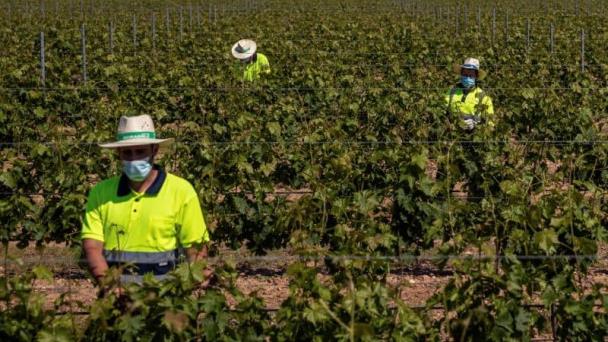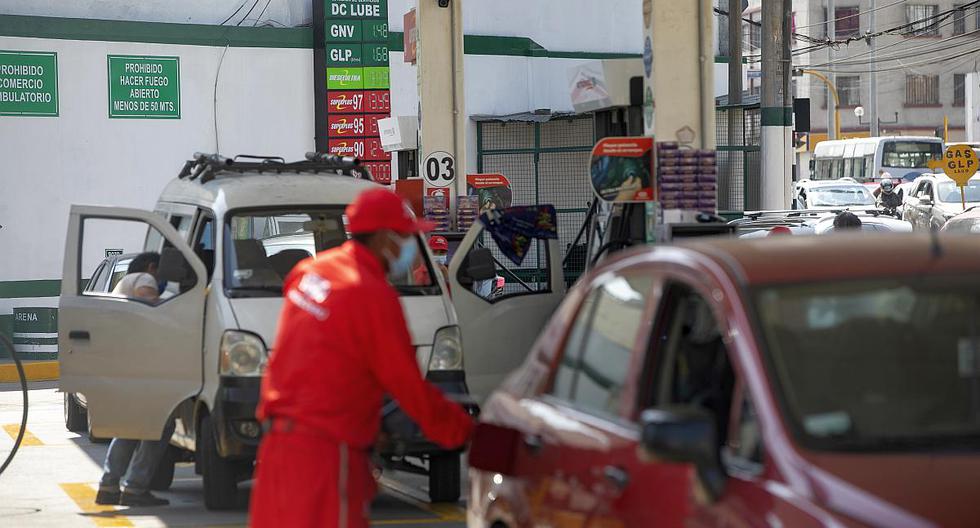Latin America will reinforce its cooperation for the implementation of a regional project that allows it to respond to the increasing variability of the climate and its impact on the farmingone of the sectors most affected by climate change, reported the Food and Agriculture Organization of the United Nations. Agriculture (FAO).
During the Annual Assembly of the Climate Action Platform in Agriculture of Latin America and the Caribbean (Placa), held in Uruguay, representatives of 12 countries, including Colombia and Haiti, recently incorporated into the mechanism, approved the 2022-2023 work plan, which proposes initiatives for the agricultural sector focused on innovation and linking women and youth.
According to a statement from the FAO, the plan also includes promoting the presence of the platform in key instances such as Climate Week and the Conference of the Parties to the United Nations Framework Convention on Climate Change (COP27), which will take place next November in Egypt.
Coordinated actions in a highly vulnerable region
“We must move to climate action, addressing the challenges in an integrated manner, under a common umbrella of adaptation and resilience, which includes actions to reduce risks, to face climate variability and to address changes over time”, said Maya Takagi, leader of the FAO Regional Program for Latin America and the Caribbean, on the occasion of the Placa assembly.
The Placa platform, launched in 2019 within the framework of the COP25 climate conference, is a regional voluntary collaboration mechanism that seeks productive agricultural development adapted to the effects of climate change, resilient and low in greenhouse gas emissions.
The initiative focuses on the exchange of knowledge, technologies and collaborative practices in farming to deal with the growing impact of climate change.
UN data indicates that Latin America is one of the regions in the world most impacted by climate change, with intense effects such as heat waves and droughts, decreased crop yields, forest fires and foreseeable extreme events in sea level.
A week ago, the FAO and the Organization for Economic Cooperation and Development (OECD) rightly warned, in their report “Agricultural Outlook 2022-2031”, that, despite being the region that exports the most, Latin America “continues to face great challenges to reduce food insecurity”.
And the main challenge is the dependency of the farming and fishing of its economy -10% of the regional gross domestic product (GDP)-, given that both sectors will be “increasingly affected by adverse climatic phenomena and by the recent high costs of transport, energy and fertilizers “, making life difficult for 15 million small producers who work in the region.
Colombia and Haiti join the mechanism
In this annual meeting of the Climate Action Platform in Agriculture of Latin America and the Caribbean (Placa), which took place last week in Montevideo, Costa Rica took over from Uruguay as chair of the platform and Mexico assumed the co-chair.
In addition, the initiative, whose secretariat is exercised by the FAO and the Economic Commission for Latin America and the Caribbean (ECLAC), added Colombia and Haiti to its list of members, countries that reaffirmed their commitment to work in coordination against climate change.
The platform is also integrated by Argentina, Bahamas, Brazil, Chile, Costa Rica, Guatemala, Mexico, Peru, Uruguay and the Dominican Republic.
Representatives from the ministries of Agriculture of these nations, the director of the Natural Resources Division of ECLAC, Jeannette Sánchez, and the officer in charge of the FAO representation in Uruguay, Sebastián Viroga, among others.








